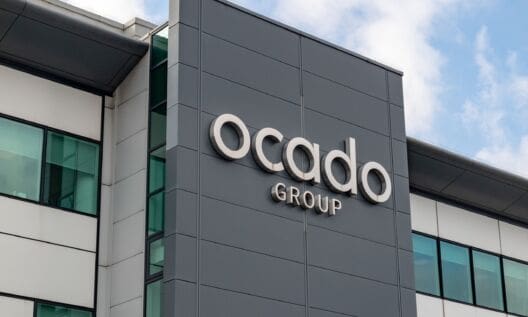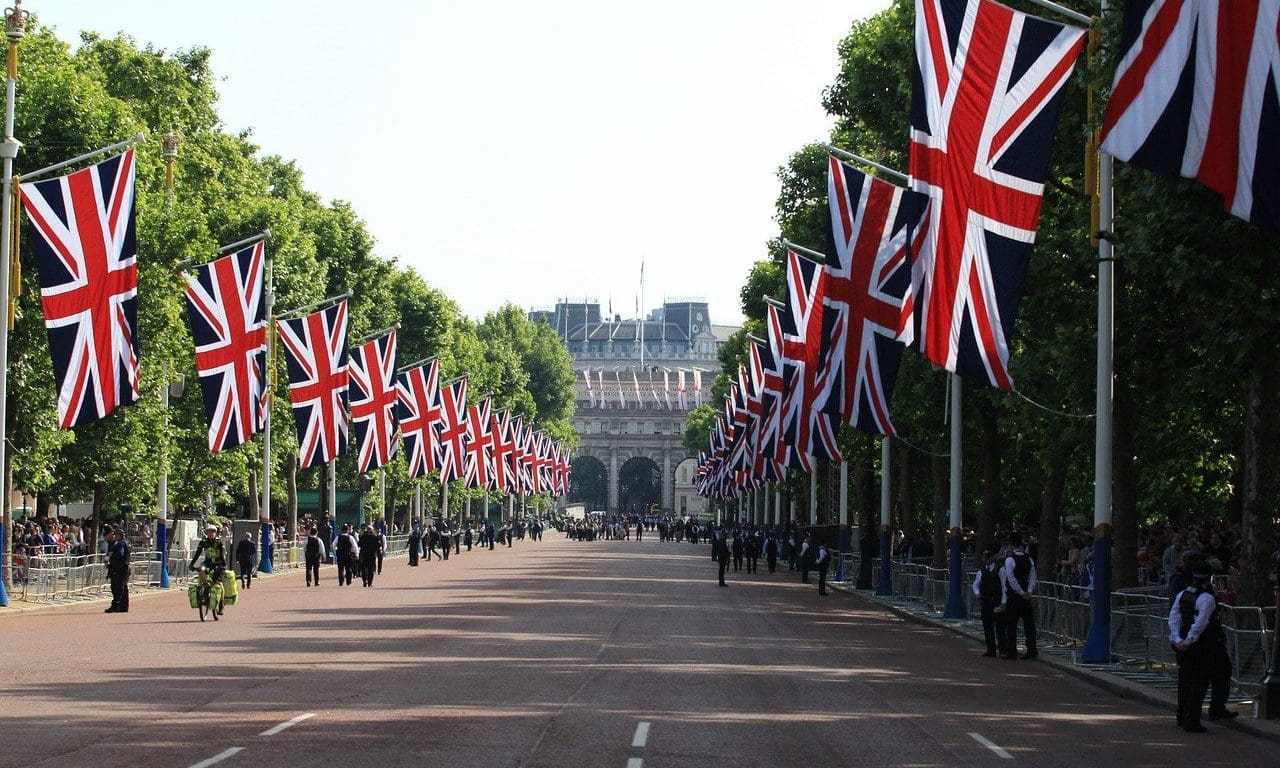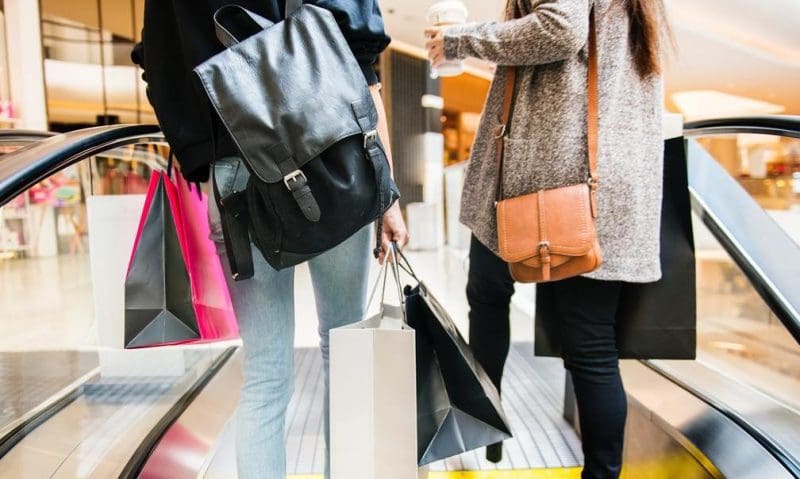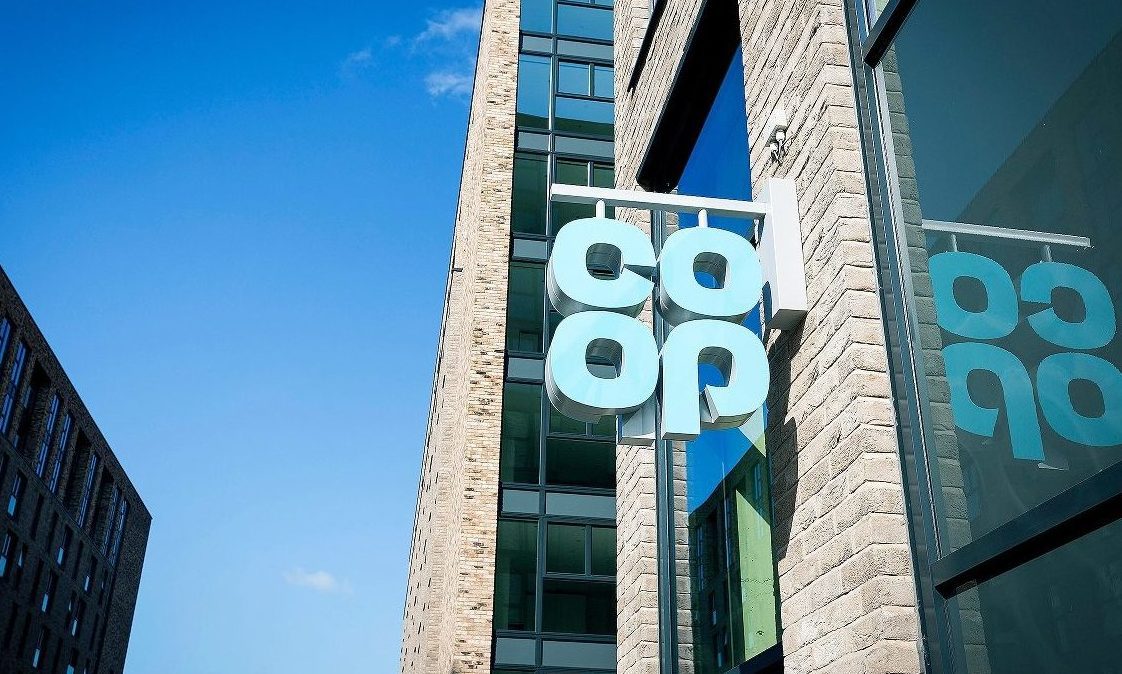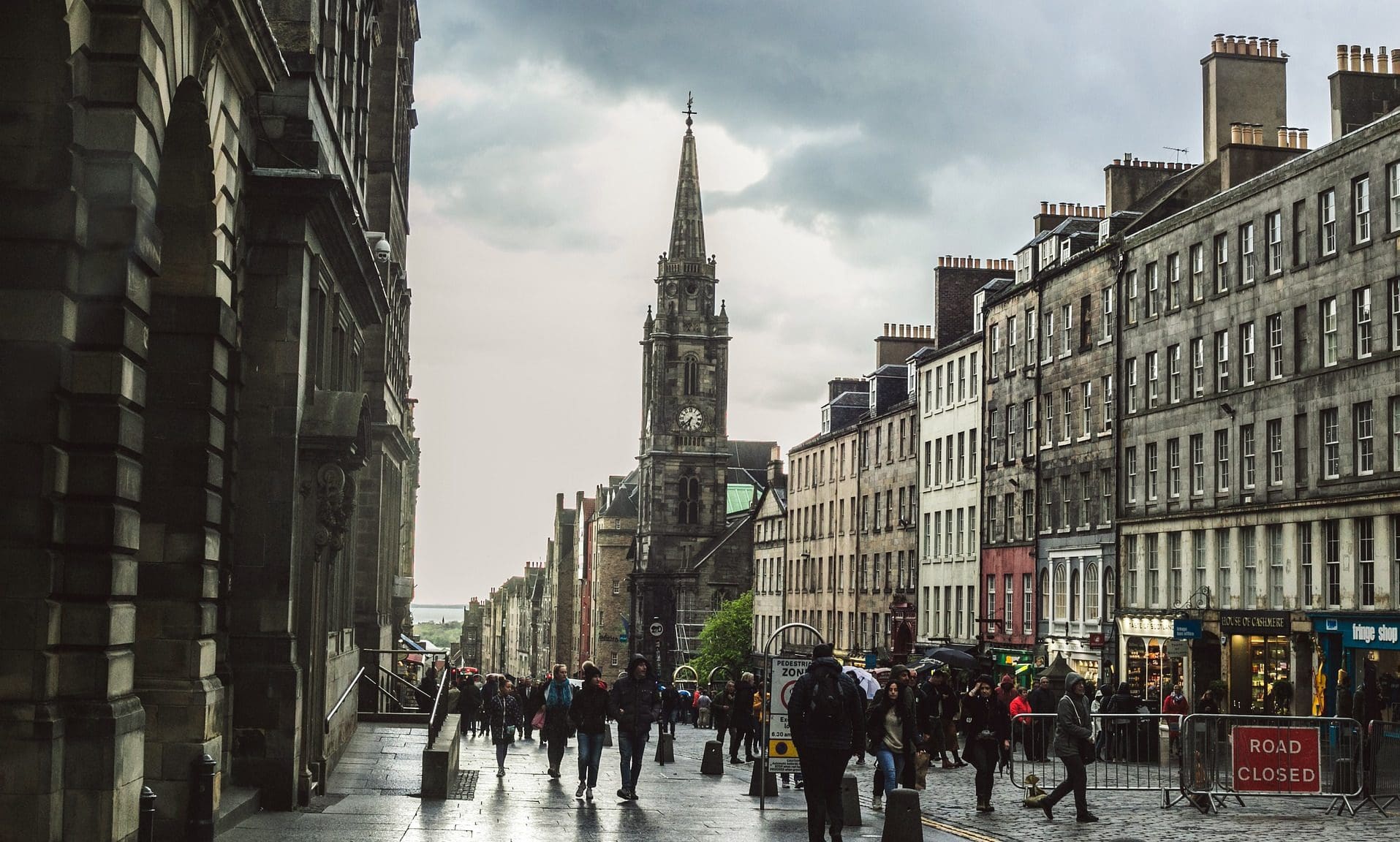Register to get 2 free articles
Reveal the article below by registering for our email newsletter.
Want unlimited access? View Plans
Already have an account? Sign in
British monarchs have been issuing Royal Warrants since the 15th Century. These warrants were issued over the centuries to craftspeople who supplied the Crown with everything from jewellery to tea. By the 1700s, warrant holders began displaying the royal arms on their businesses in an early example of consumer-facing marketing.
Fast forward to contemporary times, there are a number of well known and beloved retailers that have been awarded a Royal Warrant, including Waitrose, Selfridges and Fortnum and Mason, with FMCG giants such as Heinz, Cadbury, Coca-Cola, Premier Foods, Unilever, British Sugar and Britvic also on the list.
It is common for those companies that hold Royal Warrants to benefit financially from them, becoming a symbol of quality good enough for royalty. Royal Warrants are estimated to be worth £4.5bn to companies with the royal seal of approval, according to City firm Brand Finance. It claims firms with warrants are able to charge more for their products and generate a higher volume of sales into the future.
Holding a warrant since 1949, Crown Paints in Darwen, Lancashire, hopes to keep this royal seal of approval, Katie McLean, marketing director, told the BBC that it was “a real badge of honour and we’re really proud of it,” adding that it has become a key factor when it comes to recruiting and retaining staff.
This shows the continued significance of the royal mark to retailers, not only in monetary value, but also in employment and sense of community. She added: “We have people who have worked here for generations, whose family worked here back in the 1960s when the Queen visited us.”
But as we develop, and the media grows, are Royal Warrants held to the same standard? Reviews, blogs and social media influencers are among channels that consumers go through to decide whether or not something is worth buying. Research by Econsultancy found that reviews produce an 18% uplift in sales and Brightlocal also found that 79% of customers put as much weight on online reviews as they would on personal recommendations.
While those figures show the shift to a more digital and contemporary audience, the ‘Value of Monarchy’ report shows the influence the royal mark can have on a brand’s revenue. Brand Finance research indicates “that some companies may earn up to 5% of their revenue as a result of a Royal Warrant”.
Following the passing of Queen Elizabeth II, all Royal Warrants will be made void, meaning that over 800 companies who use the royal mark will have to remove it from all packaging and branding within two years unless King Charles III renews the contract, which may have negative effects on their profits and revenues. Perhaps these negative effects will result in a decline in sales, though this may only be apparent over the next few quarters.
While trends develop and move on, and consumers find their recommendations elsewhere, Royal Warrants have stood the test of time and have always been a port of call for British luxury and quality – perhaps a monetary value does not need to be placed on its importance.


